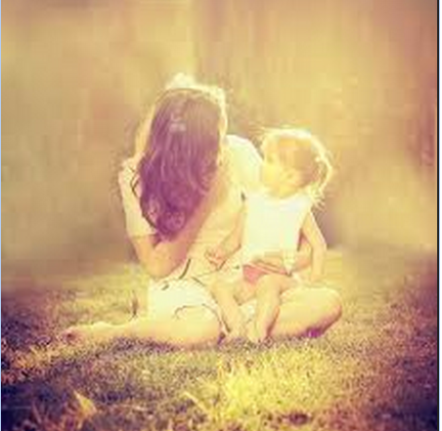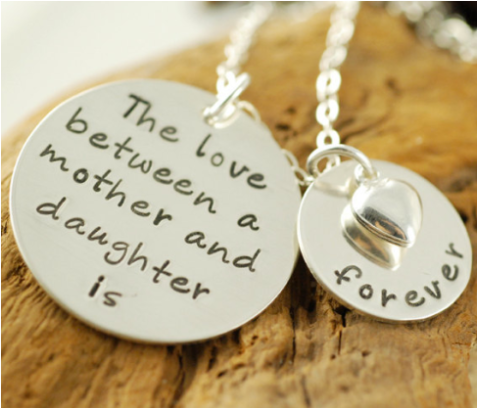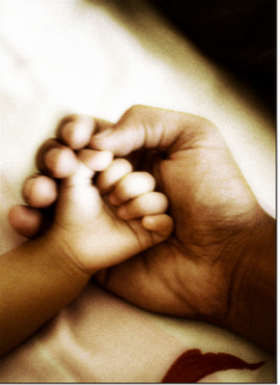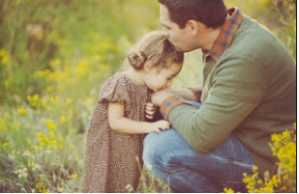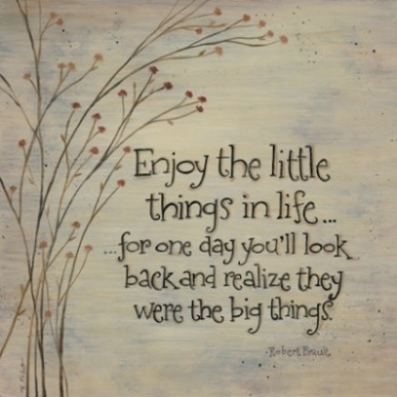

‘Change is inevitable and irreversible.’
What really is change? I see change as being an essential part in all our lives; it’s inevitable. Our appearance, views and relationships are constantly in the circle of change- spinning inconsistently so nothing can remain the same forever.
According to the oxford dictionaries change is-‘to make or become different’.
In English this semester you’ve probable guessed it, we have been exploring the idea of change, in particular change written in poetry, so the magazine has asked to show my perspective as a teenager of change. In this blog you will get the experience to read about my thoughts, and opinions towards two of Gwen Hardwood’s well known poems, ‘Mother who gave me life’ and ‘Father and Child’.
The poem ‘Mother who gave me life’ holds the elegy of the persona reflecting on her mother’s life and mothers and daughters throughout previous generations. The diptych poem ‘Father and child’, consists of two poems ‘Barn Owl’ and ‘Nightfall’. The first poem ‘barn owl’, is a portrait of a young child who is innocent, yet trying to prove her maturity, however through this becomes aware of the innate cruelty of humanity and the wisdom of the father. ‘Nightfall’ is based 40 years on and shows the relationship between the father and the child, now all grown up. The father is now sick, old, blind and carries the owl’s qualities in ‘barn owl’, with a strong sense of death.
Throughout all the poems I will be relating back to the thesis statements of:
“Emotional experiences and knowledge, change the current situation”
“ The change in maturity, determines the change from child to adult”
Just to get you in the mode here are some inspirational quotes about change, that have helped me through this topic:
“The world as we have created it is a process of our thinking. It cannot be changed without changing our thinking.”
“Change will not come if we wait for some other person, or if we wait for some other time. We are the ones we’ve been waiting for. We are the change that we seek.”
“Be the change that you wish to see in the world.”

“Mother who gave me life”
This is an amazing poem, which I truly loved. Every female out there can relate to this poem, even as teenagers. We have all been there to see the effects it has on our mothers when their mother finally passes, that special connection will always remain between them because motherhood is ageless and unchanging.
The inevitable change of death is in everyone’s life, and that is what Gwen Hardwood captures in this poem. Throughout this poem I noticed many aspects of change, the most important ones being the change of life and death, “You left the world so, having lived nearly thirty thousand days:” the change over evolution “…bones changing, heads inclining to monkeys bosom, lemur breast, guileless milk of the world”, and the change in daughters becoming women “for the wild daughters becoming women, anguish of seasons burning backward in time” are all demonstrated.
This poem really stood out to me, as I love imagery and symbolism and this poem is filled with it. The mother throughout the poem is constantly related back to fabric, “when she died she was folding a little towel”, “a fabric of marvels folded down to a little space” symbolizing the folding up of her fulfilled life and the ending in a simple quiet space where she can reflect the life she has lived. I see these quotes all relating to her life as a patchwork quit with every memory and experience, section of her life represented as a patch. Now she is folding them all away until they are one neat section, which can be packed away.
The mothers own description is also represented in relation to sewing with “ saw your face crumple, fine threadbare linen”, relating to her face as a simple, clean face now aligned with lines of wrinkles that have come with old age. Finally “a lamp on embroidered linen” representing motherhood, she is the linen and the light shines on her. In life we all look for the love, care and guidance of our mothers so for this poem to explore the views on this, I was really able to connect to it, and think about what life would be like without my mother present, and think about the future where one day I will hopefully be able to share this connection.

“Father and Child”
Even though this poem is not gender pacific, at first I believed that the child in the poem was a boy especially after reading ‘barn owl’. This is because it relates to a young boy trying to prove his manhood. However as I looked further into the two poems I discovered the father daughter relationship, which made me believe the persona is a girl.
Throughout the poem the main aspects of change are the persona’s perception of death in the beginning (‘Barn owl’). The persona comes to the brutal reality that death is not clean or heroic, “…who believed death clean and final, not this obscene…” to the end (‘nightfall’) where the persona understands the inevitability of death, “old king, your marvelous journeys’ done”.
Another change I noticed within this poem is her perception of her father. The persona thinks of her father as a caring person (‘barn owl’) “leaned my head upon my father’s arm”. Towards the end (‘Nightfall’) the persona now sees her father as the child and herself looking after him “link your dry hands into mine, my stick thin comforter”.
The last theme of change that I noticed was the persona’s perception of time and death. In ‘Barn owl’ the morning is her time of an innocent child, with the belief that death is heroic. “I rose, blessed by the sun. A horny fiend…” This then changes in ‘night fall’ where she is grown up and mature and she has discovered death is slow and painful, “learn what sorrows in the end”.
This poem was really relevant to me, as I live on a farm and having a brother of a similar age, I was always determined to show my father that I could be like just as good as my brother; fearless. This allowed me to establish a close connection with ‘father and child’. I loved this poem as it really grabs you attention with its techniques.
“The household slept” this metaphor starts ‘barn owl’, grabbing the readers attention. It is then closely followed by another “master of life and death”, to make you think about what this poem will be about and what experience will soon take place. However the poetic technique that really grabbed me in ‘barn owl was the assonance, “my first shot struck”, it almost makes your heat stop as you wait for what she will say next.
In ‘nightfall’ there is a different tone, from the childish thoughts, now mature and filled with reality. There is a strong use of imagery and symbolism, to create the mood, “sunset exalts its known symbols of transience” allowing the reader to imagine the setting. “Passionate face is grown to ancient innocence”, describing the now tired face of the father, and finally “old king your marvelous journey’s done you night and day are one”, symbolizing the ending of the day and life and death. Closing the poem with the ending of life really makes you feel the reflective tone that Gwen Hardwood has created.

“Enjoy the little things in life…for one day you will look back and realize they were the big things” –Robert Brault
I hope you have found this blog interesting and that you learnt a few things about change!
If there is one major thing that I have learnt over this topic it is that you can change the world with a few words. This has been shown to me throughout the use of poetry and its techniques. I believe everyone should have the chance to experience this so he or she can then have the inspiration to change too.
It is important to remember what we have now, to allow us to change for the future, even though we do not always believe it is for the better as Charles Darwin once said “it is not the strongest species that survive, but the one most responsive to change”.
Thanks for reading
Xx Phoebe
